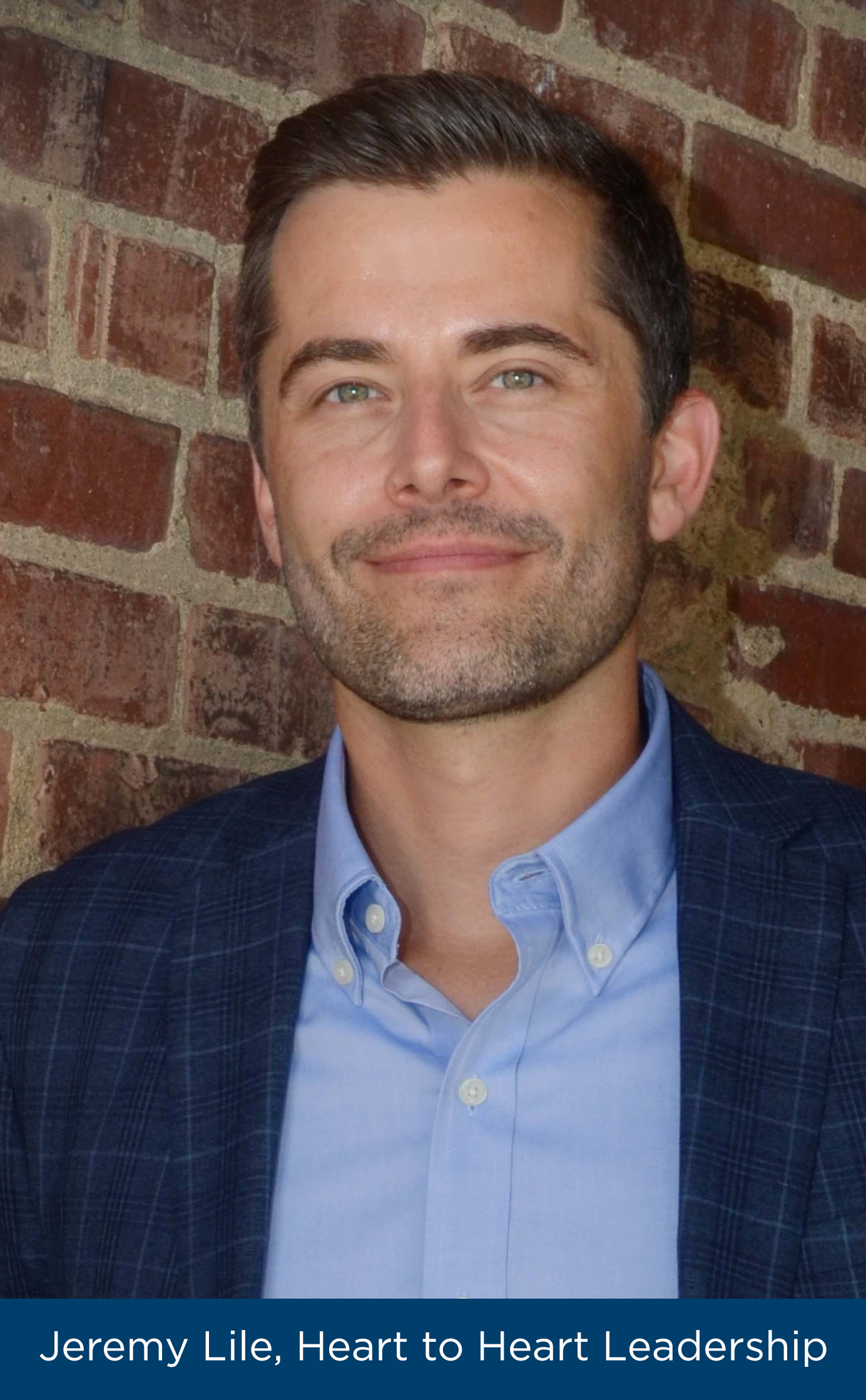There comes a time for every team when they realize that additional expertise is needed to help an organization advance its work, people, and culture. At GAR Foundation, we are no strangers to seeking out counsel. We’ve hired consultants in the past, and we turn to our grantees as the experts in their fields as they help us understand the current successes and challenges in our community.
A common question from our grantees is how to find a credible consultant who fits their organizational culture and has the expertise needed for a specific situation or project. In response, we curated a new nonprofit resource section on the GAR website dedicated to consultants, training opportunities, and educational tools. There is a range of consultant specializations listed, such as strategic planning, facilitation, fundraising, leadership development, and DEIA.
The market is full of talented consultants who bring a wealth of value to the table, many of which we have listed on our nonprofit resources page. Jeremy Lile of Heart to Heart Leadership, a local leadership development organization and a trusted GAR partner, provided insight on this timely topic. Through this Q&A, Jeremy helps us better understand what nonprofit leaders should be looking for in an effective consultant and what questions to ask.
Q&A with Jeremy Lile

Rob Lehr: What should nonprofits do to prepare themselves before consultation?
Jeremy Lile: Be clear about your goals so that you know what you’re looking for and can help give a consultant guidance and direction. A good consultant will be honest about whether they can deliver on your objectives, so the more precise you are about what you hope to get from a consultation experience, the better you can assess whether the consultant can deliver.
RL: How relevant is a consultant’s experience to serving a nonprofit?
JL: A nonprofit should look for a proven track record. Don’t hesitate to ask for and contact references to learn more about their experience. Ask about specific benefits they experienced individually or as a team or organization by engaging with the consultant.
RL: What other criteria should influence a nonprofit’s choice in selecting a consultant?
JL: Nonprofit leaders should look for the right fit and style. Leaders know their team and how they work together, so ask consultants about their process and style to see if it will connect with your team. Also, look for deliverables. What does the consultant commit to delivering on? At Heart to Heart Leadership, we’re very clear that we’re not the organization to help you with technical skills. We focus primarily on essential skill development, assisting people to become more self-aware and aware of others to improve communication, working together, and overall workplace well-being. Sometimes, people want us to fix their culture in a one-hour "Lunch and Learn.” I’m always very clear with them that I can’t guarantee we can do that in three years let alone in one-hour. However, at a "Lunch and Learn,” we can begin exploring a specific topic they may want to build upon in the future to help shift their culture.
RL: What are a few basic signs of an effective consultant?
JL: An effective consultant seeks to understand their client’s unique needs and goals, not just fit them into their suite of services. We always take time for an initial consultation to truly listen to our potential partners and learn about their hopes, goals, and challenges. They are also adaptable and willing to work within your structure to help you accomplish your goals. At Heart to Heart, we pride ourselves in adjusting to changes that arise and crafting our programs to meet our partners’ needs.
RL: What are some desirable characteristics of a consultant?
JL: They should be confident yet humble. An effective consultant has their areas of subject matter expertise and can hold space for others to engage without being easily thrown off or distracted. At the same time, they should be humble enough to say, “I don’t know,” or “I’ll have to get back to you on that.” They are also comfortable with their thoughts and ideas being challenged. They stay curious, exploring new ideas and possibilities that emerge, rather than feeling like they have to have all the answers. Lastly, they have done their own inner work to be aware of biases that may impact how they guide the consultation process.
RL: What are some essential questions that nonprofits should be asked within the consultation process?
JL: Consultants should ask nonprofit leaders about their aspirations and current challenges. This helps paint a clear picture of where you would like to be and what is keeping you from getting there. They should seek to measure your organization's strengths and what systems/dynamics are already in place. This will allow them to have a sense of what is already working and leverage those strengths for future success and what can be improved or changed. They should also ask about you as the leader of the nonprofit. Look for someone personable, sociable, and genuinely interested in each individual.
Thank you to Jeremy Lile of Heart to Heart Leadership for always supporting our local nonprofit community!
Are you looking for more resources? Check out GAR’s new nonprofit resource page for consultants, training opportunities, and tools.
The nonprofit resource links provided on the GAR Foundation website are for informational purposes only; they do not constitute an endorsement by GAR. The Foundation bears no responsibility for the content found on external sites. Contact the external site for answers to questions regarding its content.

